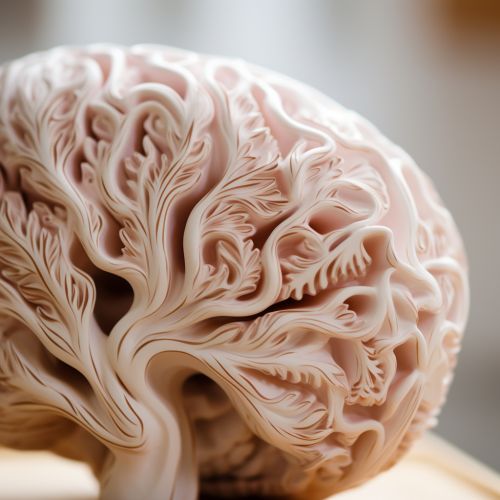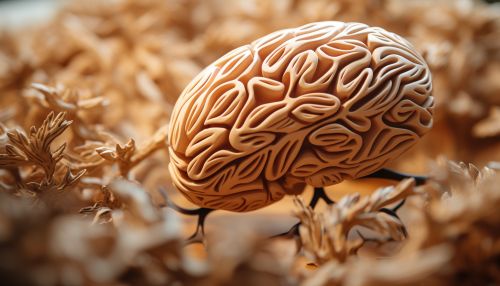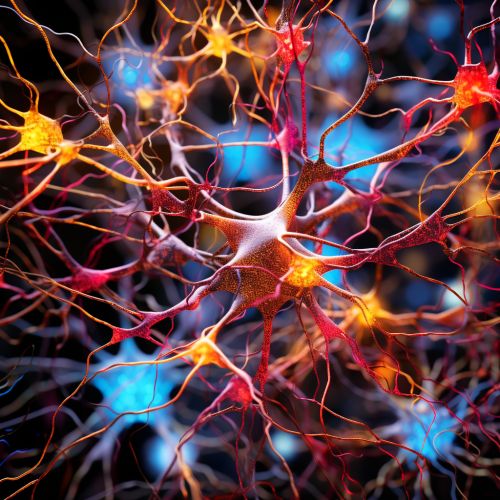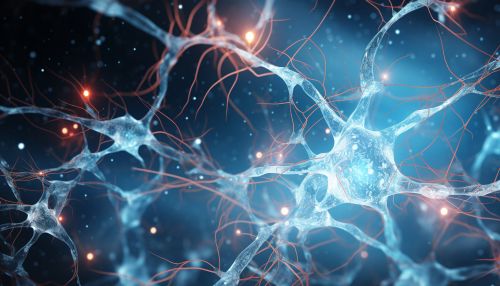The Science of Human Cognitive Reserve
Introduction
The concept of cognitive reserve is a critical topic in the field of cognitive neuroscience. It refers to the resilience of the human brain in the face of aging or disease, and its ability to compensate for damage by utilizing pre-existing cognitive processes or by enlisting alternative strategies. Cognitive reserve is an important factor in understanding individual differences in cognitive aging and susceptibility to neurodegenerative diseases such as Alzheimer's.


Cognitive Reserve: An Overview
Cognitive reserve is a theoretical construct that refers to the brain's ability to maintain function in the face of damage. This concept is based on the observation that there is often a discrepancy between the degree of brain pathology and its clinical manifestations. In other words, two individuals with the same degree of brain pathology may exhibit different clinical symptoms, with one individual showing severe cognitive impairment while the other remains cognitively intact. This discrepancy is thought to be due to differences in cognitive reserve.


Factors Influencing Cognitive Reserve
Several factors have been identified that contribute to cognitive reserve. These include genetic factors, environmental factors, and lifestyle factors.
Genetic Factors
Certain genetic factors are believed to contribute to cognitive reserve. For example, the ApoE gene, which is associated with Alzheimer's disease, has been found to influence cognitive reserve. Individuals with the ApoE4 allele, which is associated with a higher risk of Alzheimer's disease, may have a lower cognitive reserve than those without this allele.
Environmental Factors
Environmental factors such as education and occupation have also been found to influence cognitive reserve. Individuals with higher levels of education or those who engage in intellectually stimulating occupations may have a higher cognitive reserve. This is thought to be due to the fact that these individuals have a greater opportunity to engage in complex cognitive tasks, which may help to build cognitive reserve.
Lifestyle Factors
Lifestyle factors such as physical activity, diet, and social engagement have also been found to influence cognitive reserve. Regular physical activity, a healthy diet, and active social engagement have all been associated with a higher cognitive reserve.


Measurement of Cognitive Reserve
Cognitive reserve is a latent construct, meaning it cannot be directly measured. However, several proxy measures have been used to estimate cognitive reserve. These include measures of education, occupation, and engagement in cognitively stimulating activities. Neuroimaging techniques such as MRI and PET have also been used to estimate cognitive reserve by examining brain structure and function.
Cognitive Reserve and Neurodegenerative Diseases
Cognitive reserve has been found to play a significant role in neurodegenerative diseases such as Alzheimer's disease and Parkinson's. Individuals with a higher cognitive reserve may be able to withstand a greater degree of brain pathology before showing clinical symptoms. This has important implications for the early detection and treatment of these diseases.


Conclusion
Cognitive reserve is a critical concept in understanding individual differences in cognitive aging and susceptibility to neurodegenerative diseases. By understanding the factors that contribute to cognitive reserve and how it can be measured, researchers can develop strategies to enhance cognitive reserve and potentially delay the onset of cognitive decline and neurodegenerative diseases.
